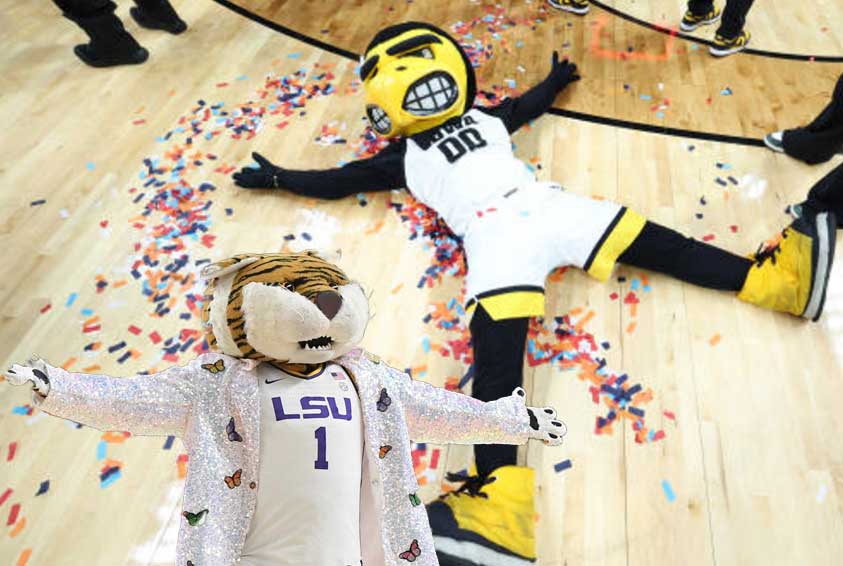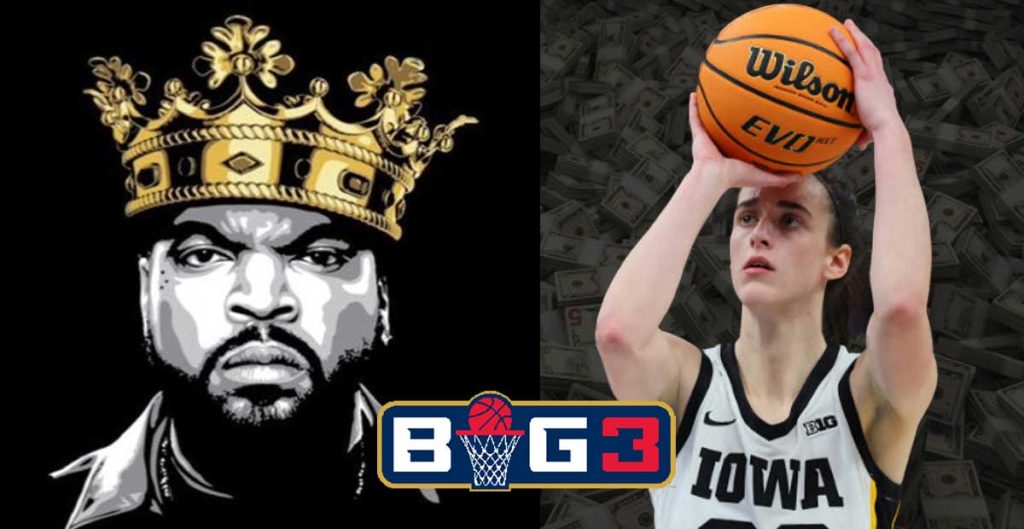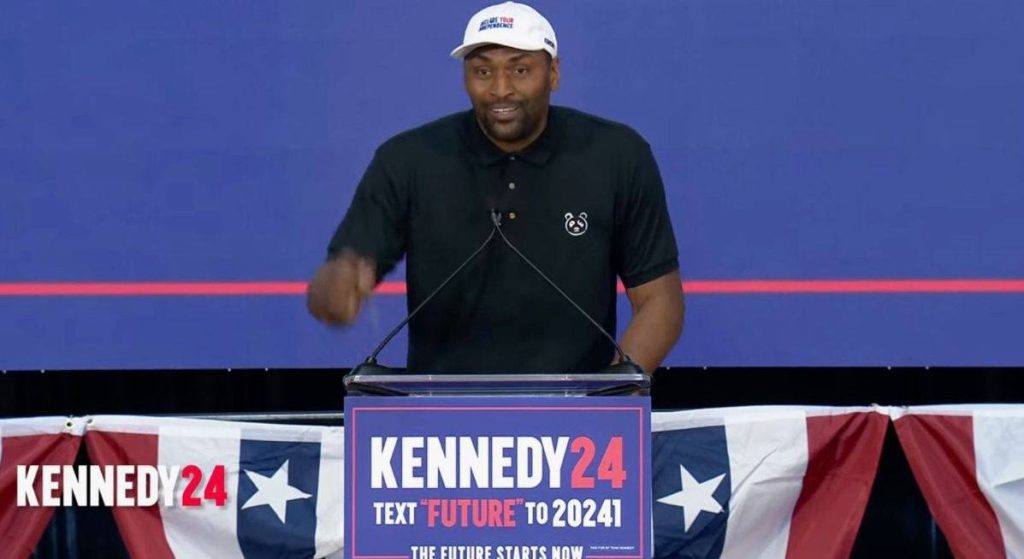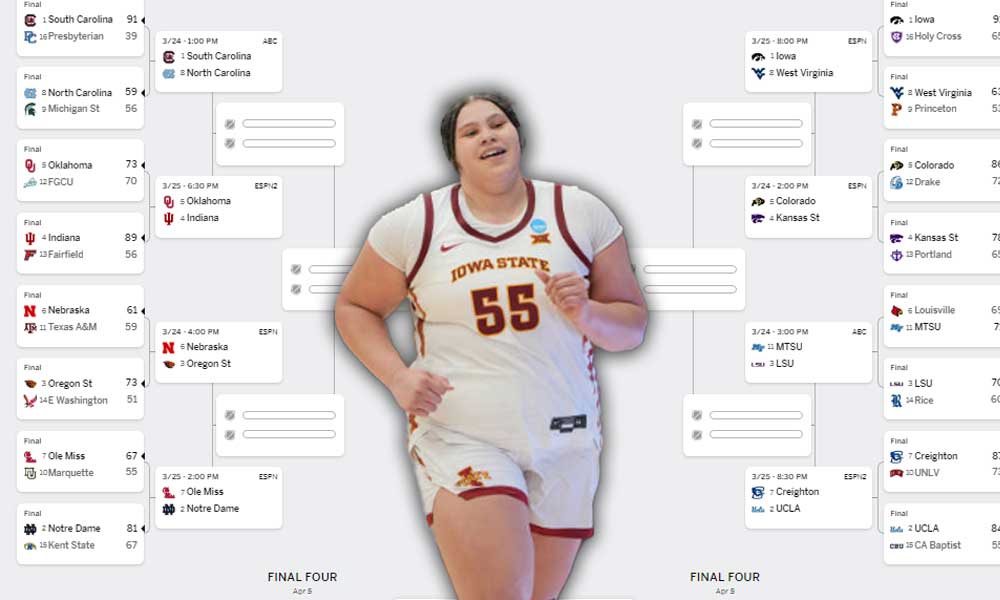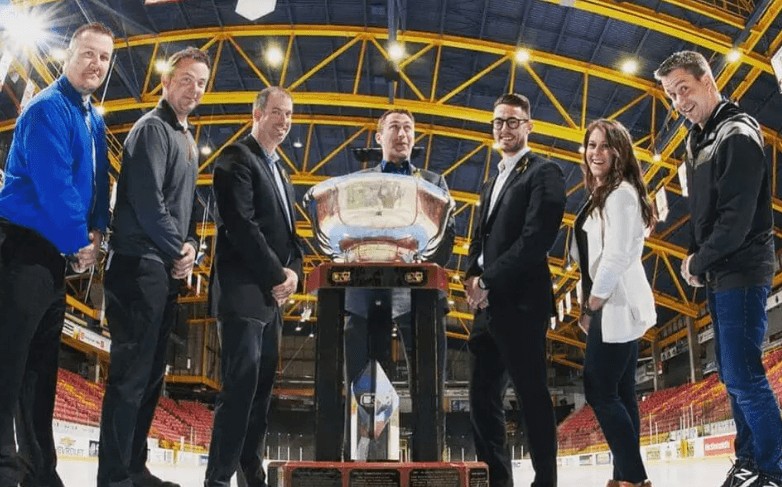
Volunteers Are A Huge Part Of Sport Event Execution & Corinne Ethier Manages Them For Hockey Canada
Corinne Ethier | Manager, Event Volunteers | Hockey Canada

Sport is driven by volunteers at every level. In Canada, sport simply does not exist without volunteers.
Corinne Ethier
Manager, Event Volunteers
Hockey Canada
Tell us about your role as the Manager, Event Volunteers of the Hockey Canada.
In a nutshell, as a member of the Hockey Canada events department, we focus on the planning and execution of national and international championships. This covers a pretty broad scope of events from our National Women’s Under-18 Championship to the IIHF World Junior Championship. In addition, to hockey championships, our department also manages other nationally hosted events such as the Hockey Canada Foundation’s annual Gala & Golf event.
On an annual basis, I manage programming for approximately 2,000 volunteers across 8-12 events throughout Canada with a focus on recruitment, retention and recognition. This also includes on-site training and event delivery depending on the event.
The excitement of local host groups and volunteers is contagious as we work together to bring a championship to their community. This makes my job pretty special and it’s one that you get to see the impact you have on communities large and small.

What does a typical day look like for you?
I would say I have two very different types of workdays: the ones in the office vs. on-site delivery. My work primarily takes places in the office. As a national sport organization working on events across the country, this means a lot of conference calls and planning. At any given time, I’m usually working on about six events simultaneously. We have two major event seasons with four national championships taking place between the end of October and mid December. And the spring, with 3 national championship and Gala & Golf between the end of April and mid June. From there we layer international championships on top of that depending on hosting rights from the International Ice Hockey Federation – so there’s always lots of work to be done!
Diving into the planning process, our local Host Organizing Committees are made up of primarily volunteers themselves, so we try to adapt to their schedules as well as their time zone. For example, tonight I have a conference call at 6:30pm and tomorrow morning another at 7:00am. During office hours is really when all the work gets done as we develop strategic plans, critical paths, marketing and recruitment strategies for each event unique to the host community.
On-site, days are long but exciting. As a staff we are the first ones in the venue before the first team is scheduled to arrive for their game-day skate and depart after teams and volunteers have cleared the building following the final game – we rinse and repeat this routine over the 10+ days of a championship. Similar to the teams, each day we’re looking to improve from an event perspective to deliver our gold medal performance. I focus on connecting with committee chairs to learn what has been going well, what hasn’t and determine what course corrections we need to make once the event is in progress in order. It’s a lot of people and expectation management as well schedule and shift adjustments for the volunteers.
Would you say your path to your current position was quite easy or rather challenging, and can you discuss why?
This is a tricky question to answer! If I was asked as a new graduate, did I think I would specifically be managing volunteers? No, but I would have said that I’d like to work in professional and/or high-performance sport for a world-leading organization and I think I’ve achieved that. I wouldn’t say it was easy, but I’m not sure I would say it was hard either. When it comes to your career, I think you need to know what your aspirations are, set goals for yourself and know your limits, while at the same time being open to opportunities and how you may be able to reach the same goal by taking the road less travelled. In general, you have to be prepared to work hard. Sport is a competitive industry and there’s high expectations on employees to perform as well; as there should be.
Currently, I’m forging a new path when I switched positions at Hockey Canada to manage the event volunteer program. It’s a new program that I lead development on and learnt very quickly that establishing a vision and being able to communicate that is key, but not easy. And that will continue to be the case as we work out growing pains and continue to evolve. I’m choosing to embrace the challenge and know that will build my scope and talent as a professional.
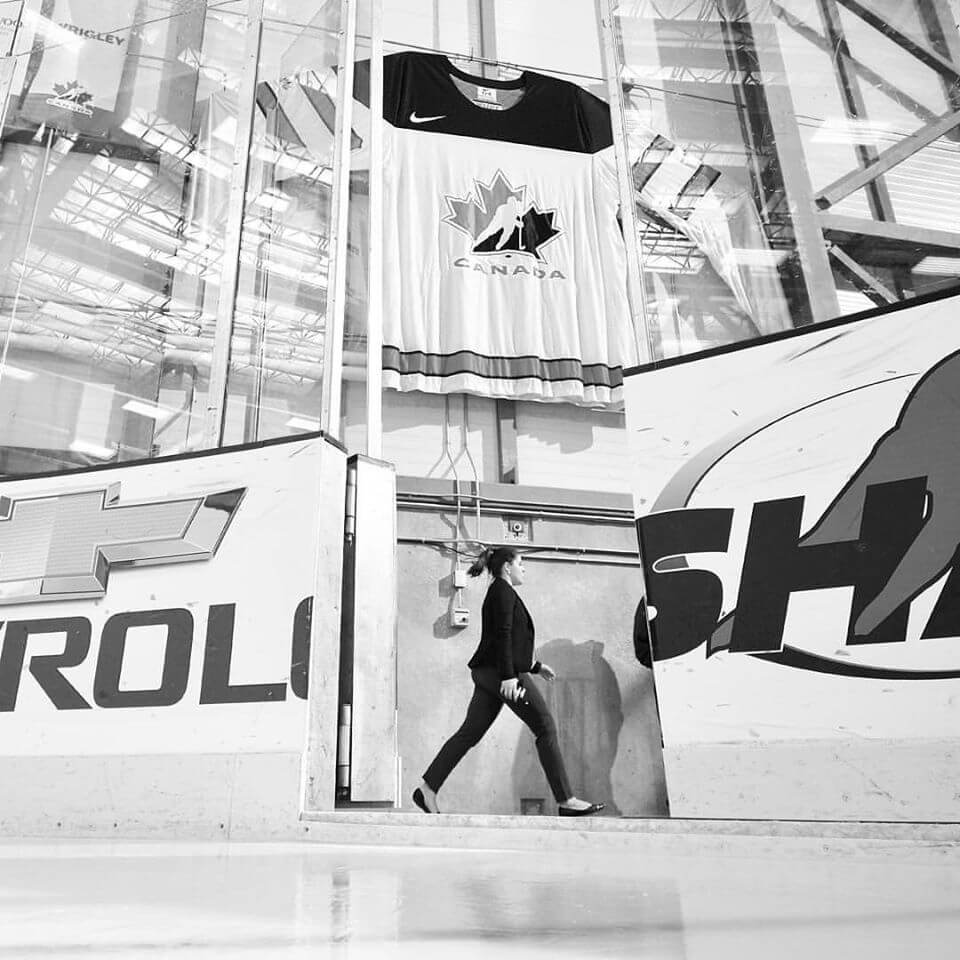
When did you realize you wanted to pursue a career in sport? Take us through that realization.
I was always the kid enrolled in every sport being taken from one practice to other sometimes on the same night. I love sport and it’s always been a big part of my life. In high school I took an exceptional sport medicine program which inspired me to pursue sport as a career. Originally, I wanted to be in sport medicine working with professional teams as a member of their sport therapy team. I even got the opportunity to shadow the medical team for an NHL and CFL team for the day. But what I noticed was that there was not a single woman in locker rooms. Which was the norm at that time and for most professional teams and leagues still is. That observation made me reconsider my options. It wasn’t as important to me what my role was, but rather it was the type of organization that seemed to matter more. So, I went the business route. It’s been a terrific fit for me and although my career lives solely in the sport industry, I’ve attained unique experience and developed skills that would be transferrable to other industries which expands career potential and growth.
What are the most rewarding and challenging aspects of your role within Hockey Canada?
I love the environment. It’s fast paced, always changing, fun, electric, challenging. We create the best plans but knowingly head into the championship prepared that the best laid plans won’t be delivered that way. The people are also a highlight for me. It’s incredible meeting so many amazing people from across Canada and around the world. Whether it’s the teams, venue staff, sponsors etc. everyone is focused and all trying to make the most of the experience.
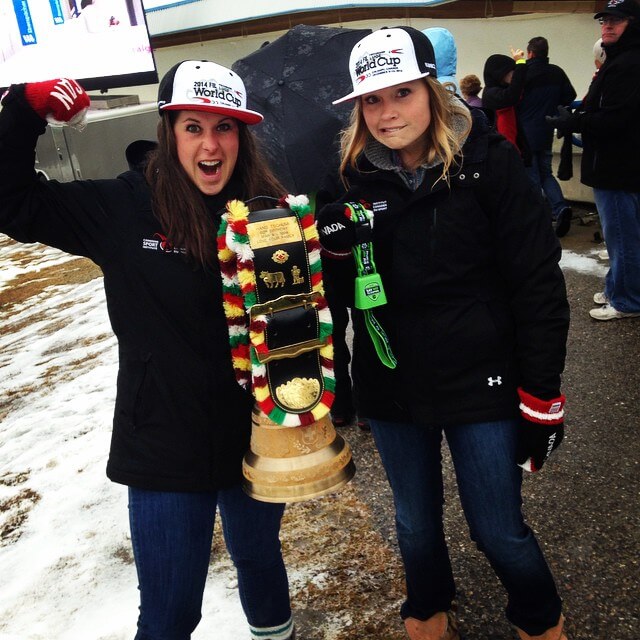
What are some aspects of working in sport, you didn’t learn while in university that you’ve acquired through experience in the field?
Simply stated, but difficult to do correctly; managing people and communicating effectively. Adaptation is key and I believe these skills are only learned and honed through constant mindfulness and practice.
As we know, volunteers are a critical part of what makes an event successful. Can you tell us a little more why and how volunteers are so important for events in the sports industry?
Sport is driven by volunteers at every level. In Canada, sport simply does not exist without volunteers. Minor sport associations and high-performance organizations have volunteers govern as members of their board of directors, volunteers are required for social action, fundraising, administration, events and the list goes on. At our international championships we need volunteers to fulfill various positions that require professional designations from medical practitioners and doctors to IT professionals. At Hockey Canada, we refer to all volunteers as “the heartbeat of hockey” because we recognize that they are who make hockey happen.
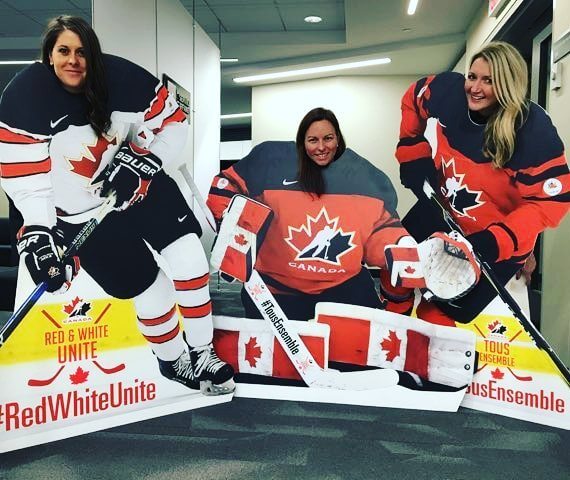
You have worked in both the professional and non-profit sides of sport. What are the biggest differences between both and what skills were you able to transfer from the professional side to the non-profit side?
Both sides of the industry are very similar, but I would say that working for a national sport organization (NSO) that you have a broader scope of responsibility than in a comparable role at a professional organization. It was my experience working in professional sport that roles are well defined. This is terrific if you know you would like to specialize in a particular area. Roles and responsibilities at an NSO seem to be much more expansive in their reach. This promotes exposure to numerus areas of business that encourage growth. Both sides of the industry have high expectations and rely on their employees to perform at a high calibre just as they expect from the athletes. There may also be preconceived notions that professional sport has bottomless budgets and therefore greater resources, this may be true is some cases, but regardless of the business or the industry financial management is paramount and there will always be budget limitations that you will need to be creative to work within.
What would you include on a list of your top accomplishments (or moments) between working in and playing sport?
I would say, every time I’ve decided it was time to move on from one position to the next, I was success in finding and being hired for a position that aligned with my career goals in sport. This is a big accomplishment as sport is niche industry in which there are not many jobs available, then you must consider how many organizations are hiring and then assess what type roles you are actually interested in and qualified for. Once you decide to apply for a specific role, it is a very competitive process with many positions receiving over 300 applicants per position.
In one of my former roles I worked directly with Olympians, Paralympians and national team athletes across numerous sports supporting them with career, education, transition and their performance lifestyle. In this kind of position, you get to know the person behind the athlete and join them in celebrating their personal and performance achievements. There have been so many Olympic/Paralympic qualifiers and Games that have brought both joy and tears as you share in the accomplishment of failure of the athletes’ performance. You become apart of their journey, so their success feels like your success as do their failures.
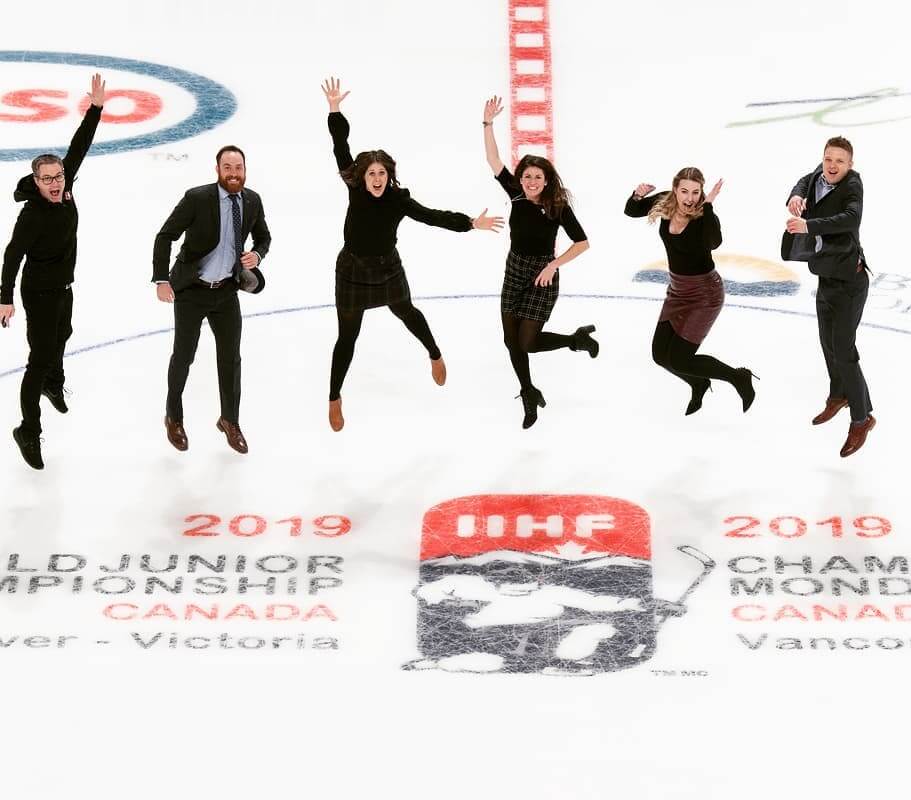
[get_current_post_author_pic_and_name]
After hearing Corinne’s path, I was eager to learn more about how she was able to gain such valuable experiences in the field, for an organization that I look up to very much. The advice I have taken and hope other aspiring industry professionals take from my interview with Corinne is ”you need to know what your aspirations are, set goals for yourself and know your limits, while at the same time being open to opportunities and how you may be able to reach the same goal by taking the road less travelled”. She also makes us realize how volunteers are critical to an event’s success, especially for sport in Canada. I think Corinne Ethier really drives that passion she has for working in major sporting events and volunteers in order to become as successful and adaptable as she has been in challenging situations. I would like to congratulate Corinne for her amazing accomplishments thus far. It was a pleasure collaborating on this piece with her!
The Latest



